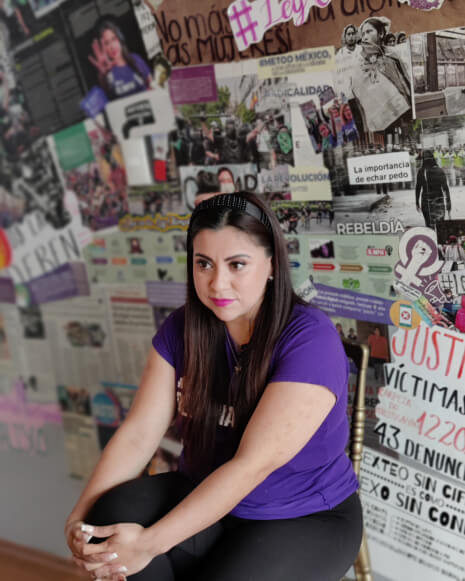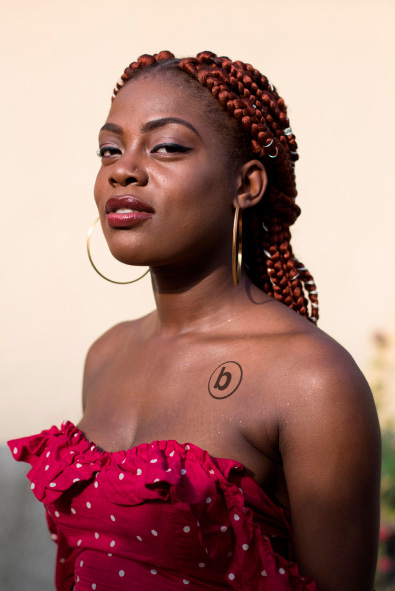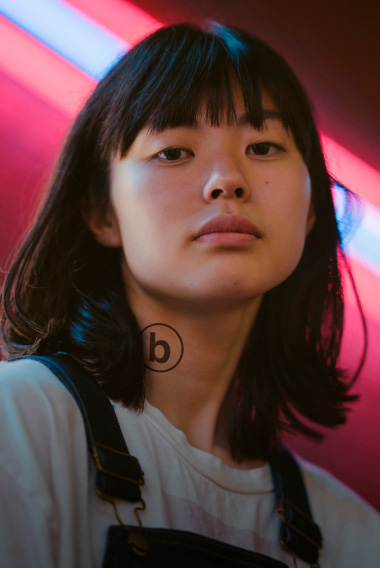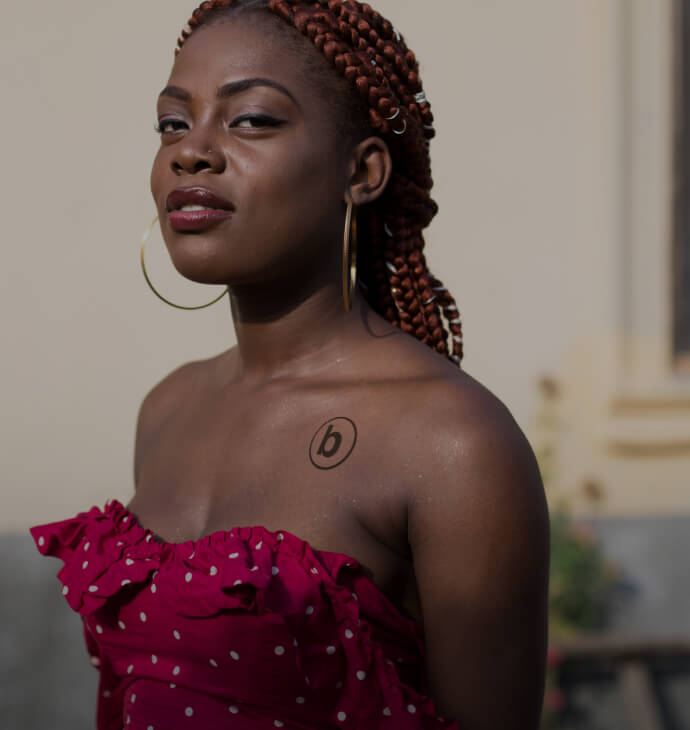As a young adult, I recorded a sexual video with my boyfriend at the time. He asked me to engage in sexting. He was unfaithful, and I felt it would help us so that he might not seek other women. I did not understand many things about romantic love that I understand now.
He recorded the video so that only I was pictured. It became public, first via Whatsapp for a few months. I am from a small town.... Everyone knows you and your family.
Then the video was made public on Facebook. I liked riding. The first thing I saw was a photograph of me dressed as escaramuza charra [a traditional female equestrian] with the sentence: “Do you want to see how she really mounts?” The video was uploaded to dozens of porn pages or pack pages [website pages of photographs of girls, usually naked]. I received as many as 40 friendship requests daily, mainly from men asking for sex in exchange for deleting the video. One said if I had sex with a dog, he would delete the video.
“Your naked body became public without your permission, but people blame you because you let yourself be recorded.”
I searched the Internet for what was going on and read it was called “revenge porn.” I felt more guilty, because if it is “porn,” I provoked it, and if it is “revenge,” I did something to deserve it.
I stopped going to school, avoiding many things because I was very embarrassed. Your naked body became public without your permission, but people blame you because you let yourself be recorded. In such a macho country, you are evil, a whore, a provocateur, and you come to believe them. I was disgusted by my own face and my body, not just because of the video but because of the teasing and commodification – whether you are fat, whether you have stretch marks or cellulite, what your hair looks like – all because you are a woman.
All that hate speech made me hate myself, even my name, because it was directly related to that video. I was reduced to being a sexual video for the consumption of male pleasure. I was not a person or student; I was nothing.
One Sunday, my family and I were watching a movie at home. Someone sent the video to my brother. My mother ran for the cell phone, but I snatched it and said, “Mum, please don’t watch it.” For my family not to see it was my only hope to not feel like the living dead.
My mum took the phone and cried while watching the video. I was very afraid, my body was burning. You feel guilty that you are harming your family. It is as if [the online harassers] raped you. They do not need to touch or penetrate you to violate you.
I had already tried to die by suicide three times but did not have the courage to do it. Every day I asked the universe to let me die. My mother saw I was desperate. The first thing she asked was: “Did you want everyone to see it?” I replied, “No, of course not.” She asked me, “Did you want people to see you as they are seeing you and make fun of you?” I replied, “No, I never wanted that.” “Then it is not your fault,” she comforted me. “It would be very shameful for me to see a video of you stealing, murdering, hitting a puppy, becoming corrupt. But a video of you having sex, loving, trusting, living your sexuality does not embarrass me.” Then she told me in front of my whole family, "Dear, we all have sex, your brother, your dad, your cousins have sex, I myself have sex. The difference is that here people see you, but that doesn't make you a criminal and that doesn't make you a bad person. Fight, daughter, because you are not at fault.”
She was the first person to say that I was not to blame. My grandmother was of a similar opinion. I told my mother, “It is not only the video, but I also can't step out of the house because they tease my body. I feel much shame. I can no longer live here. I am a prisoner.” For me, the pandemic was nothing new. I had already lived locked in my house by machismo, misogyny and mockery. The virus that scared me the most was the re-victimization of our bodies.
After I found a support group, I started to see that there were more cases like mine and decided to file a complaint with the district attorney. They said if I had been a minor, the crime would have been child abuse, but since I was of legal age there was nothing they could do for me. Other women who had experienced what I had but didn’t have support from their families or had to leave the town filled me with anger.


